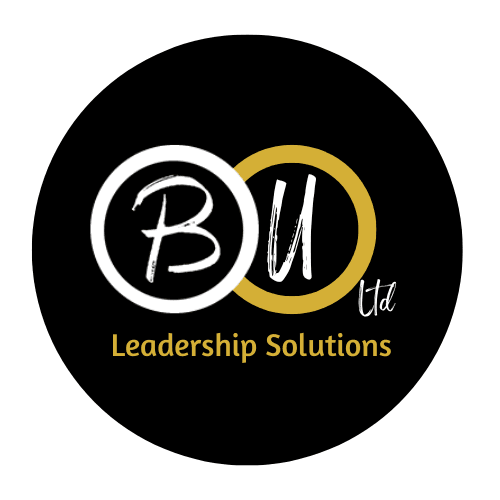Hello and welcome to a new work week.
To start things off, I’d like to ask you this question: how is your leadership health?
Is that even something you’ve ever asked yourself? I don’t blame you if you’ve never asked because it’s not something we often think, teach or talk about. I personally believe it’s something leaders should ask themselves from time to time because it gives an insight into how they’re doing as leaders and what changes to make for their continuous progress.
In my last post, I talked about self-leadership (something I intend to talk about for as long as necessary).
One important thing I said in that post was that leadership at the self-level has to be healthy and stable if a leader wants his/her work at the team and the organisational level to be meaningful and fruitful.
If you’d like to read that blog post, click on the blog menu and choose the blog title; Success Strategy For Leaders.
Back to your leadership health…
I believe the first step to ensuring good leadership health is to recognise and overcome the beliefs and behaviour that impair your leadership health.
Over the next few weeks, I will be sharing 7 things you can do to improve your leadership health at self-level. Today’s post is the first instalment and I’ll be sharing the first point:
Review Your Leadership Belief.
Let me ask you this: what do you believe about leadership? Think about that for a bit…
Here’s another variation of that question: what leadership view has shaped your mindset, values, attitude, expectations and behaviour?
Better still, what did you observe, experience or learn in the past or present that has shaped your core belief about leadership?
Did you know that your core belief about leadership is usually expressed in your behaviour and actions? Well, it is. In fact, it determines how you go about gaining influence, how you use resources (yours and that of your organisation), and your attitude to preservation (of lives and resources).
The truth is; your leadership standing today is a reflection of your leadership beliefs. I myself can think of two things that have contributed to my beliefs about leadership. The first one is a family mindset and the second one is making sacrifices for the good and continuous existence of the whole.
I remember my mum always saying something along the lines of how important it was to have a family mindset in every environment where people were bonded by blood or purpose. I also saw it modelled successfully and that has stuck with me ever since.
As much as those two mindsets have helped shaped my leadership beliefs, the one about sacrifice has revealed both strong and weak sides. As I grew older, I watched people make sacrifices that drained them and caused them more harm than good. I also had experiences that pointed to the truth that making sacrifices for the good and continuous good of the whole has to be done with wisdom and not at the expense of my own health and well-being.
As a strong point, making sacrifices helped me develop an attitude of genuine service. It also helped me grow emotionally and mentally. However, the weak side to it for me was taking on other people’s responsibilities and holding on to things I should be letting go of. I know I missed opportunities and spent my energy on things that did not contribute to my progress but thank God, I now know better.
Based on my experiences (and that of countless others), it is safe to say that behaviour is a result of what we believe. It is therefore vital that we review our beliefs to see which ones work for us and which ones don’t. Which ones empower us and which ones enslave us; then make the necessary changes.
Common Limiting Beliefs
Listed below are some limiting/negative beliefs that leaders often hold on to and act on. As you read them, think about and acknowledge which ones apply to you exactly or which one is a variation of one you’re holding on to, and write them down.
- If my team or colleagues know I don’t know how to do this, I’ll lose my credibility or respect
- In order to assert my authority, I need to have the loudest voice and have the last say
- If I become friendly with my team members, they’ll take me for granted
- I’m the leader, my people look up to me so I need to have all the answers
- I can’t be successful personally and professionally, I have to sacrifice one for the other
If your beliefs are totally different from the ones listed, identify them and write them down.
After you write them down, I want you to honestly answer these 3 questions about them:
- Have I totally owned this belief?
- If I have, how has it affected my behaviour, actions, interactions, relationships, and approach to success?
- How will my life be different if I let go of this belief?
It is important that you identify and let go of these kinds of beliefs that impair your leadership health so you can be stable at the self-level and become truly successful.
If you need help ending the self-sabotage caused by limiting or negative belief(s), I’d love to help.
Simply send an email to info@belindaujani.co.uk and I’ll be in touch.
I’ll be back next week with the next instalment of improving your leadership health for good success.
Until then,
Keep Leading Right and Living Light
Belinda




